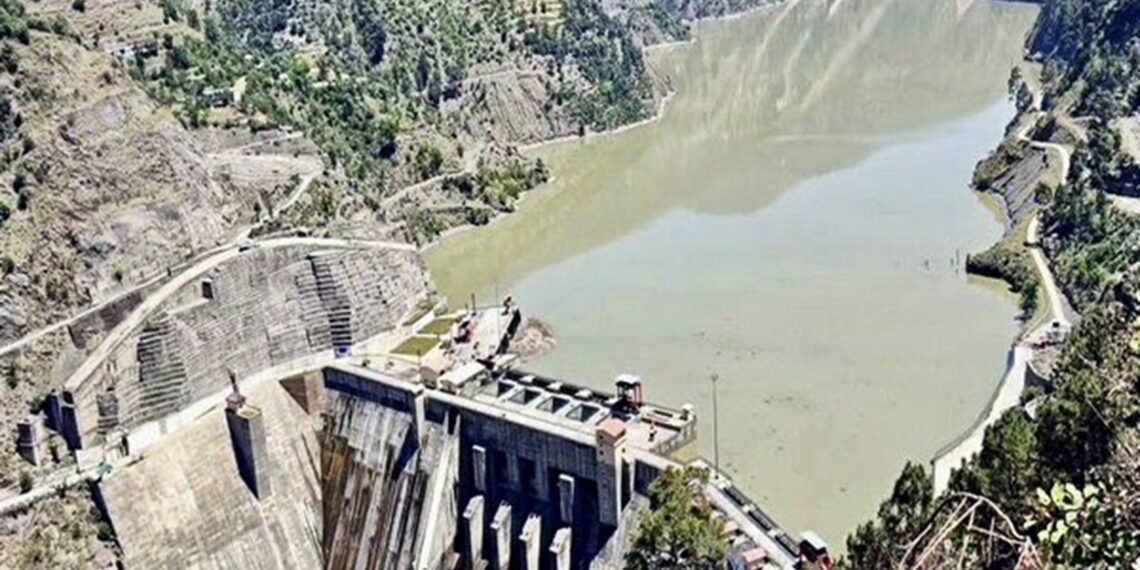New Delhi: India has reiterated its firm stance that it will not engage with Pakistan on the Indus Waters Treaty (IWT) unless Islamabad addresses New Delhi’s concerns on cross-border terrorism and agrees to a comprehensive restructuring of the decades-old water-sharing pact, official sources confirmed on Sunday.
According to the sources, Pakistan’s Water Resources Secretary, Syed Ali Murtaza, has made multiple attempts to reinitiate dialogue with India over the IWT, reaching out repeatedly to his Indian counterpart, Debashree Mukherjee.
In a series of official communications, Murtaza expressed Pakistan’s willingness to discuss India’s objections in detail.
However, Indian officials have maintained silence on the correspondence, firmly stating that no talks will be held under the existing framework until terror-related issues are adequately addressed and the treaty is “completely overhauled.”
India formally placed the IWT in abeyance following the April 22 terror attack in Pahalgam, Jammu and Kashmir, which claimed 26 lives.
The decision was officially conveyed to Pakistan by Mukherjee, signaling a significant shift in India’s approach to the water-sharing agreement.
The Indus Waters Treaty, signed in 1960 and brokered by the World Bank, governs the distribution of the Indus River and its tributaries between the two countries.
Under the treaty, the Ravi, Beas, and Sutlej rivers are designated for India’s use (eastern rivers), while the Indus, Jhelum, and Chenab are allocated to Pakistan (western rivers), with certain usage rights granted to both nations.
ALSO READ: 2,500 kilometres of gratitude: A soldier’s final journey
Following the suspension of the treaty, India is now initiating a comprehensive study aimed at maximizing the utilization of its share of the eastern rivers.
The study will explore infrastructure development, improved water management, and strategies to ensure full use of water rights granted under the IWT.
The latest developments highlight the growing linkage between bilateral water diplomacy and regional security concerns, with India making it clear that the future of the treaty will depend on Pakistan’s willingness to confront the issue of terrorism in earnest.















